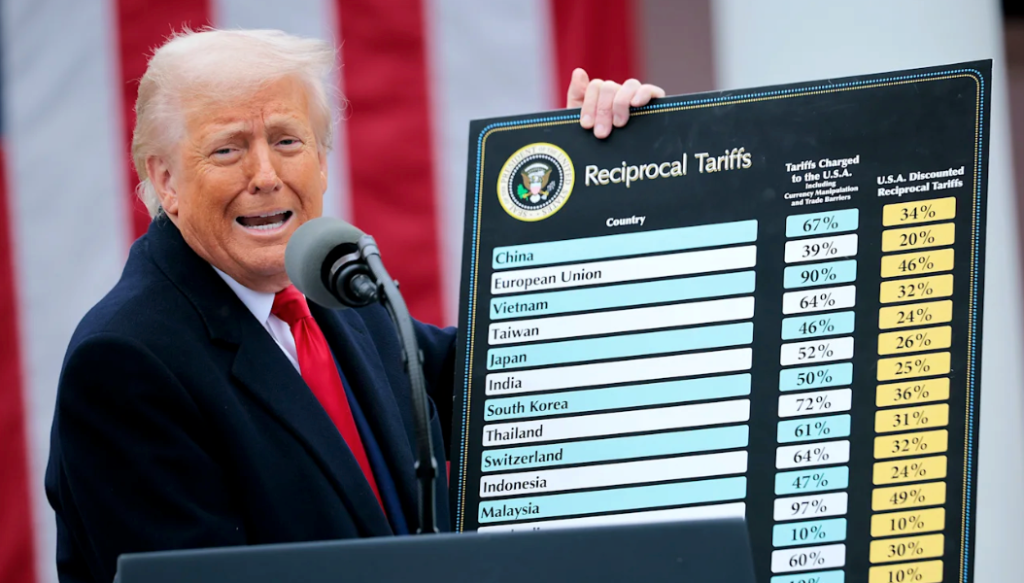MRS Oil has announced a reduction in the price of Premium Motor Spirit (PMS), commonly known as petrol, from N970 to N925 per liter in Lagos State. This price adjustment comes on the heels of Dangote Refinery’s recent decision to lower its ex-depot petrol price from N950 to N890 per liter, effective February 1. The reduction by MRS Oil is part of a broader effort to align with market trends and ensure that Nigerians benefit from the recent decline in global crude oil prices.
New Regional Pricing Structure
MRS Oil has introduced a new regional pricing structure for petrol, reflecting varying costs across different parts of the country. According to the company’s announcement on its official X (formerly Twitter) handle on Monday, petrol will now be sold at the following rates:
- Lagos State: N925 per litre
- South West: N935 per litre
- North: N945 per litre
- East: N955 per litre
The company emphasized its commitment to providing high-quality fuel that ensures optimal engine performance. In its statement, MRS Oil urged customers to report any filling station selling petrol above the listed prices, assuring them that the company is readily available to address such issues. “MRS Petrol is now selling at new regional prices! The prices may vary, but one thing stays the same—we give you high-quality fuel that keeps your engine running at its best. If you notice any station selling above the listed price, we’re just a call or email away,” the company stated.
Dangote Refinery’s Role in the Price Reduction
MRS Oil’s price adjustment follows a similar move by Dangote Refinery, which recently reduced its ex-depot petrol price from N950 to N890 per liter. Dangote Refinery, one of Africa’s largest petroleum refineries, attributed the price reduction to favorable trends in the global energy and gas markets, as well as the recent decline in international crude oil prices. The refinery’s decision is expected to have a ripple effect on the Nigerian economy, potentially lowering the cost of goods and services and improving the overall standard of living.
Anthony Chiejina, Dangote Refinery’s spokesman, explained the rationale behind the price reduction in a statement: “Dangote Petroleum Refinery firmly believes that this reduction from N950 to N890 will result in a meaningful decrease in the cost of petrol nationwide, thereby driving down the prices of goods and services, as well as the overall cost of living, with a positive ripple effect on various sectors of the economy. In addition, Dangote Petroleum Refinery calls upon marketers to collaborate in this effort to ensure that these benefits are passed on to the Nigerian populace.”
It is worth noting that Dangote Refinery’s N890 per liter ex-depot price applies to marketers purchasing 2 million litres or more. This bulk pricing strategy is designed to encourage large-scale distribution and ensure that the benefits of the price reduction reach consumers across the country.
Implications for the Nigerian Economy
The reduction in petrol prices by both MRS Oil and Dangote Refinery is expected to have far-reaching implications for the Nigerian economy. Petrol is a critical commodity in Nigeria, powering transportation, industries, and households. A decrease in its price could lead to lower transportation costs, which would, in turn, reduce the prices of goods and services. This development is particularly significant in a country where high fuel prices have contributed to inflation and economic hardship for many citizens.
The price reduction also highlights the growing influence of domestic refineries like Dangote in shaping Nigeria’s energy landscape. By reducing reliance on imported petroleum products, local refineries can help stabilize prices and ensure a more consistent supply of fuel. This shift towards domestic production is a positive step towards achieving energy independence and strengthening the Nigerian economy.
Challenges and Opportunities
While the price reduction is a welcome development, it also presents challenges and opportunities for stakeholders in the petroleum industry. Marketers and distributors must ensure that the benefits of the price reduction are passed on to consumers, as emphasized by Dangote Refinery. This requires transparency and accountability in the supply chain to prevent price manipulation or hoarding.
For consumers, the price reduction offers an opportunity to save on fuel costs and allocate resources to other essential needs. However, it is essential to remain vigilant and report any instances of overpricing or unethical practices by filling stations.
A Step Towards Economic Relief
The decision by MRS Oil to lower petrol prices, following Dangote Refinery’s lead, is a positive step towards providing economic relief to Nigerians. As global energy markets continue to evolve, domestic refineries have a critical role to play in ensuring that Nigerians benefit from favorable trends. The price reduction is a testament to the potential of local production to drive down costs and improve the quality of life for citizens.
Moving forward, stakeholders must work together to sustain these gains and address the underlying challenges in Nigeria’s energy sector. By fostering collaboration between refineries, marketers, and regulators, the country can build a more resilient and efficient petroleum industry that meets the needs of its people. For now, the reduction in petrol prices offers a glimmer of hope for Nigerians grappling with the high cost of living, signaling the possibility of brighter days ahead.













